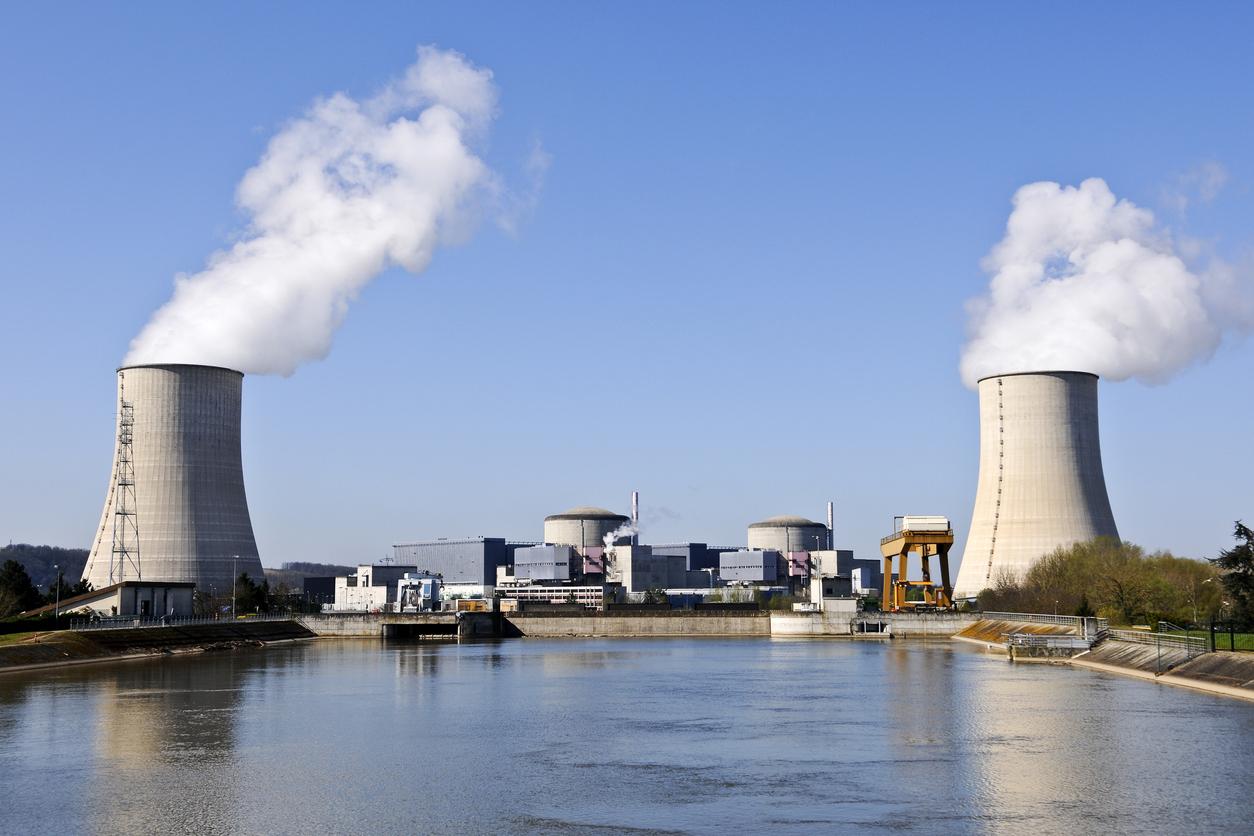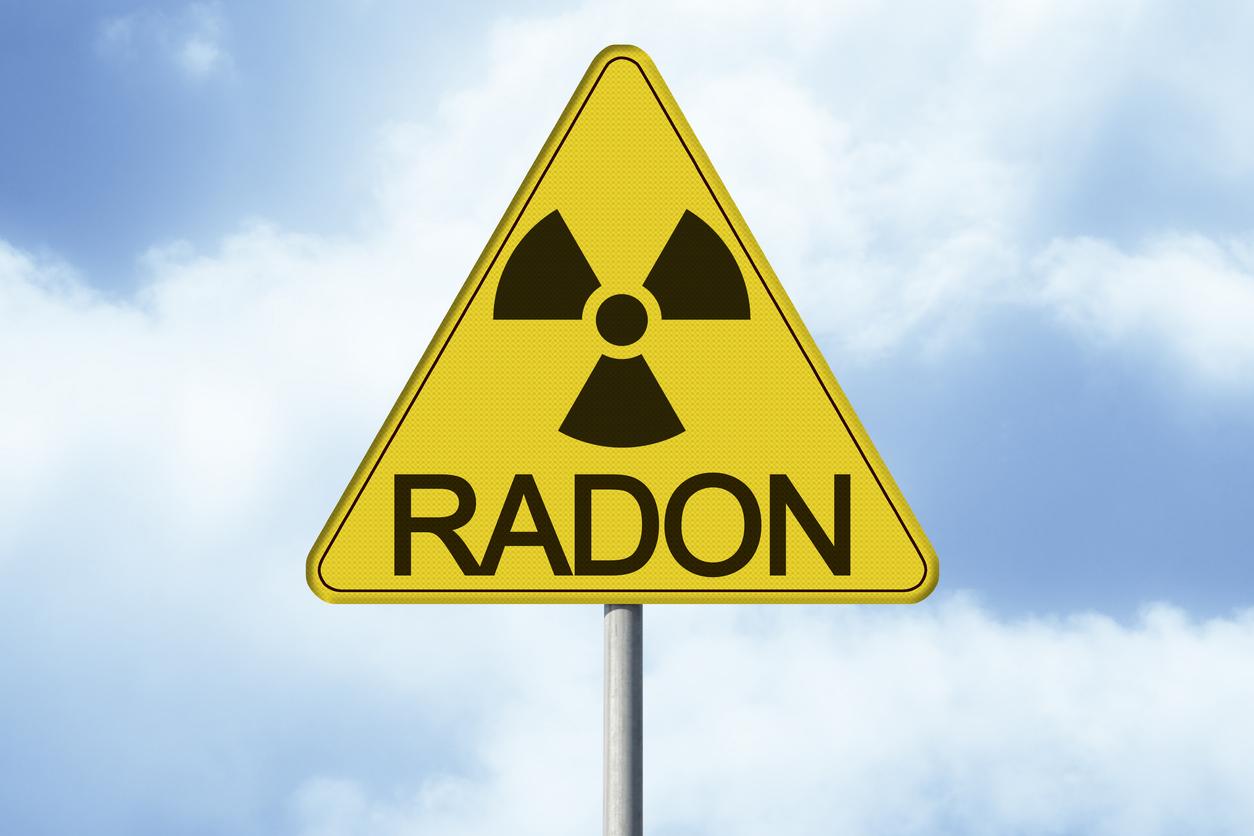A group of doctors has appealed to the authorities to conduct an in-depth investigation into cases of pediatric cancer in the town of Preignac. The link with pesticide spraying is strongly suspected.
-1444211304.jpg)
The Preignac file should not be buried. This is the message of a collective of doctors, who appealed to the authorities to conduct investigations in this small town in the wine region of Sauternes, where suspected cases of cancer have been found in children.
The information was revealed this summer, through an investigation by the InVS (National Institute for Health Watch) published discreetly on its website, during the holiday period. The work mentions an excess of pediatric cancers in children attending a primary school located in the middle of the vineyards. Pesticide spraying takes place all year round, including during recreation hours, a few meters from the yard.
A limited study
Obviously, the question of the link between exposure to these substances and the emergence of cancers arises. But if the InVS reporters do not rule out this link, they do not confirm it either. The conclusions, cautious, invite to take some measures to limit exposure. But above all, the authors believe that it is not necessary to continue the investigations and initiate major changes in wine-growing practices.
However, this is precisely what is opposed by the collective of doctors, “Alerte des Médecins sur les pesticides”. The movement, born in Limousin, asks the ARS (Regional Health Agency) Aquitaine “an in-depth study and extended to other municipalities in the wine-growing area”, we can read in a communicated.
The group also wishes “to know the protective measures adopted, limiting the risk of exposure to aerial drift when spraying pesticides, not only in the municipality of Preignac but in all the municipalities falling under the same problem”.
So far, the ARS has not shown its willingness to deepen scientific work on the health risks associated with pesticides. In a region whose economy is largely based on viticulture, the question is delicate. However, as the collective reminds us, evidence is accumulating around these phytosanitary products; the link between exposure and the emergence of pediatric cancers leaves less and less room for doubt.
.

















